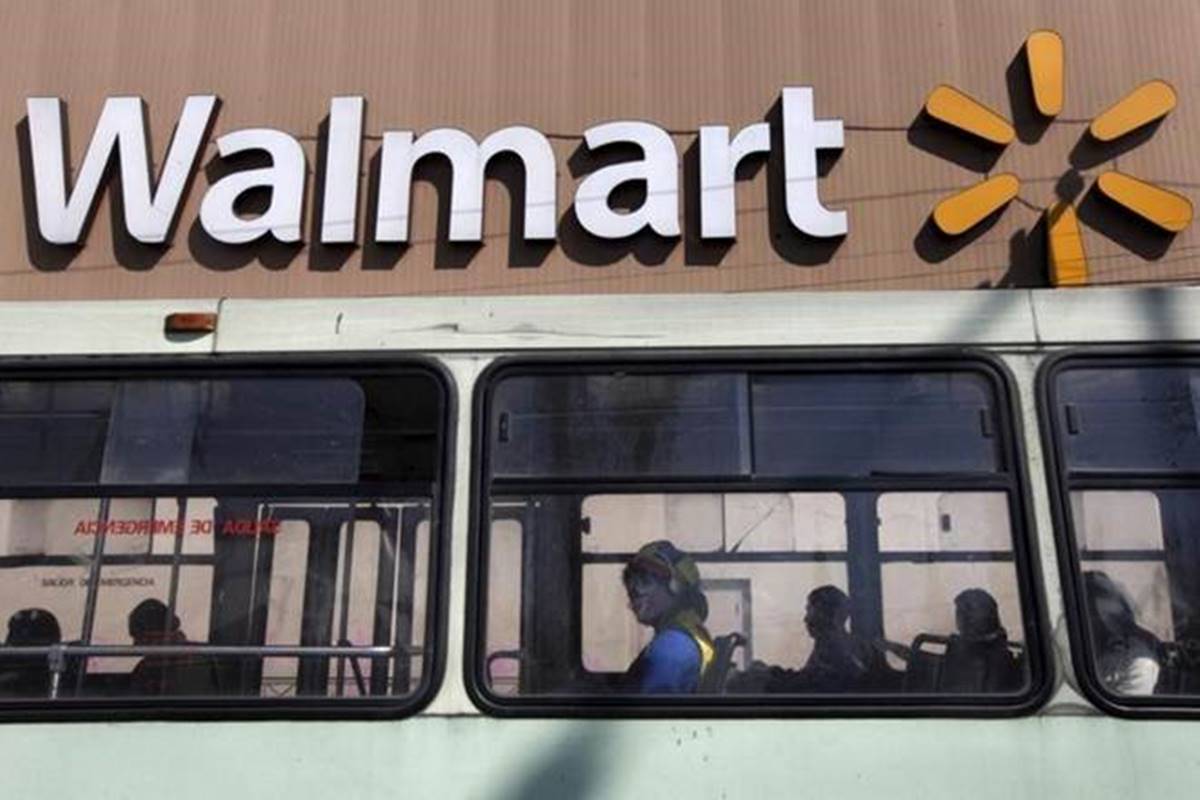
Walmart layoffs a course correction in big retailers' race?

The $386 billion Walmart Inc is facing its moment of truth in India. After being in the country for 11 years, Walmart’s wholesale business which has 28 stores and three fulfilment centres across nine states, isn’t anywhere close to profitability nor is its e-commerce foray, Flipkart.
While it is less worried about the fortunes of Flipkart as it acquired the company as late as 2018, it is finding it difficult to turn around its wholesale business which started in 2009. It now wants to wind down its operations here or for the time being reduce its losses and is all set to fire 100 senior and top executives who work for its Indian subsidiary, Best Price Modern Wholesale Stores headquartered in Gurugram near New Delhi, according to media reports. It has also decided to close down one of the three fulfilment centres (warehouses) in an effort to check the mounting losses.
Reducing the girth by firing workers and junior and mid-level executives is seen as a temporary measure but when a company wants to let go of its top executives, it can only mean that a major overhaul of its operations is underway.
What has come as a surprise for industry watchers is that while Walmart India sees an uncertain future for itself in India, another foreign company in the same space, Metro Cash & Carry, has been performing quite well.
According to the filings with Registrar of Companies, Metro Cash & Carry, a German-based retailer, posted a ₹216 crore net profit for 2018-19 on the back of a 13 per cent increase in operating revenues of ₹6,553 crore. However, Walmart India posted a net loss of ₹172 crore even though operating revenues rose 11 per cent to ₹4,065 crore for the same period.
Also read | Aggression is best suited inside a boxing ring, Mr Nilekani
Another US-based retailer, Amazon Wholesale too faces a similar situation as that of cross-country rival, Walmart. It reported a net loss of ₹141 crore on revenues of ₹11,232 crore during 2018-19, a dip of about 11 per cent compared with the previous year.
These numbers clearly show that the German company, even though it faced some stiff resistance from the government and the local wholesale trade during its initial years, has managed to crack the code.
One of the reasons for the losses of the two US-based retail giants is that they replicated the e-commerce model while carrying out their wholesale business in India by indulging in some heavy discounting. But Metro Cash & Carry chose to offer competitive pricing to about 8 lakh kirana stores (Mom & Pop stores) it works with. Metro Cash & Carry offers its own brands at its stores which allows it to price them competitively because of the size and scale. Most customers of kirana stores which are tucked away in nook and corners of every Indian street are not as brand conscious as those who shop at super-markets. What these consumers want are quality products at affordable prices which Metro Cash & Carry is able to match because it is able to offer in-house brands at low prices. This exercise has obviously paid off for the German retailer.
Another exercise which Metro Cash & Carry has carried out is by converting kirana stores into omni-channel stores which allow them to operate offline for walk-ins and those who want to order online.
However, Metro Cash & Carry may want to take note of the progress of its local competitor, D-Mart which is expanding at a furious pace and increasing its store sizes over a period of time.
Also read | Economic slowdown hits jobs sector: SBI report
In a note to its investors, HDFC Securities has pointed out that revenue per sqft of D-Mart has consistently dipped over the first nine months of FY20 (-2.6 per cent to approx. 36.2k sq ft) — largely a function of bigger store sizes.
“However, even on a per store basis, throughput seems to have just about mimicked inflation at ₹1.38bn/store. (up 3.6/5 per cent over 3Q/9MFY20). Assuming, this growth comes from bill sizes as basket volume doesn’t change materially over a short span, bill cuts per store may have remained largely at FY19 levels. (approx. 1mn bill cuts/store),” the note said.
Hence, it is going to get tougher for all the existing players in the space, something Walmart Wholesale seems to be aware of and hence may be taking corrective measures to stem the losses. What remains to be seen is whether it will completely exit the wholesale business or merge it with Flipkart.


